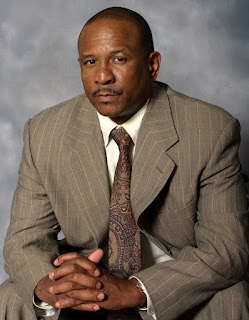When I was fifteen years old, I put pen to paper, writing what I thought was the saddest, most dramatic story of all time. An avid reader, and lover of movies, an imagination to surpass all others, I just knew I could do it. As my mother began reading the story, I did not see the response which I had imagined. She proceeded to burst into laughter. Not exactly what I was looking for. As I slunk away, my tail between my legs, I threw the story out, and didn’t try again to write for many years.
My first e book, Son of Mine, was published a few weeks ago by Trestle Press. Nothing could have prepared me for this amazing journey.
For the last ten years, I had seriously been forming a heartfelt story in my mind. I had been through many ups and downs in my own life, and listened to countless stories from other people.
A writers group through my amazing church began to help each of us critique one another’s works. I had encouragement from several people telling me my story was worthy. So my year long quest with Son of Mine began.
It is a young adult novella about Aaron DeAngelis, a twenty year old twin, who grew up under the regime of his verbally abusive, alcoholic father. The family owns a prosperous landscaping business, which Aaron helps his father run. Born with a stuttering problem, Aaron lives with insecurity and self-hatred. His brother, Jeff, perfect in every way, is favored by their dad, but the love between the brothers is evident from the start. A night of wild partying , out-of-control drinking, and the many years of self-loathing, pushes Aaron to seriously contemplate suicide. Aaron survives a terrible motorcycle accident, but is left with many questions. A strange, old man that works at a local grocery store, speaks words of faith over Aaron, which may change his life.
Although my tale begins darkly, and on some very serious notes, it has moments of hope, and faith.
Growing up Italian, has prepared me for many heartwarming moments. I want my love of people and love of God to be evident in my writing. I received my gift of compassion from my upbringing.
I have worked in the dental field since I was eighteen years old. I love to listen to stories from the patients, learning their hopes and dreams. I am a wife, mother, daughter and good friend. Please take the time to check out Amazon or Barnes and Noble online stores to purchase my new book, Son of Mine. It has brought some people to tears, made others think and feel deeply. Even though it was geared for young adults, I find people my own age enjoying it.The book is available on Amazon and Barnes & Noble online stores.
I want to kindly thank Chris White for allowing me to guest post on the C.P. White Media Blog.
Karen Malena














